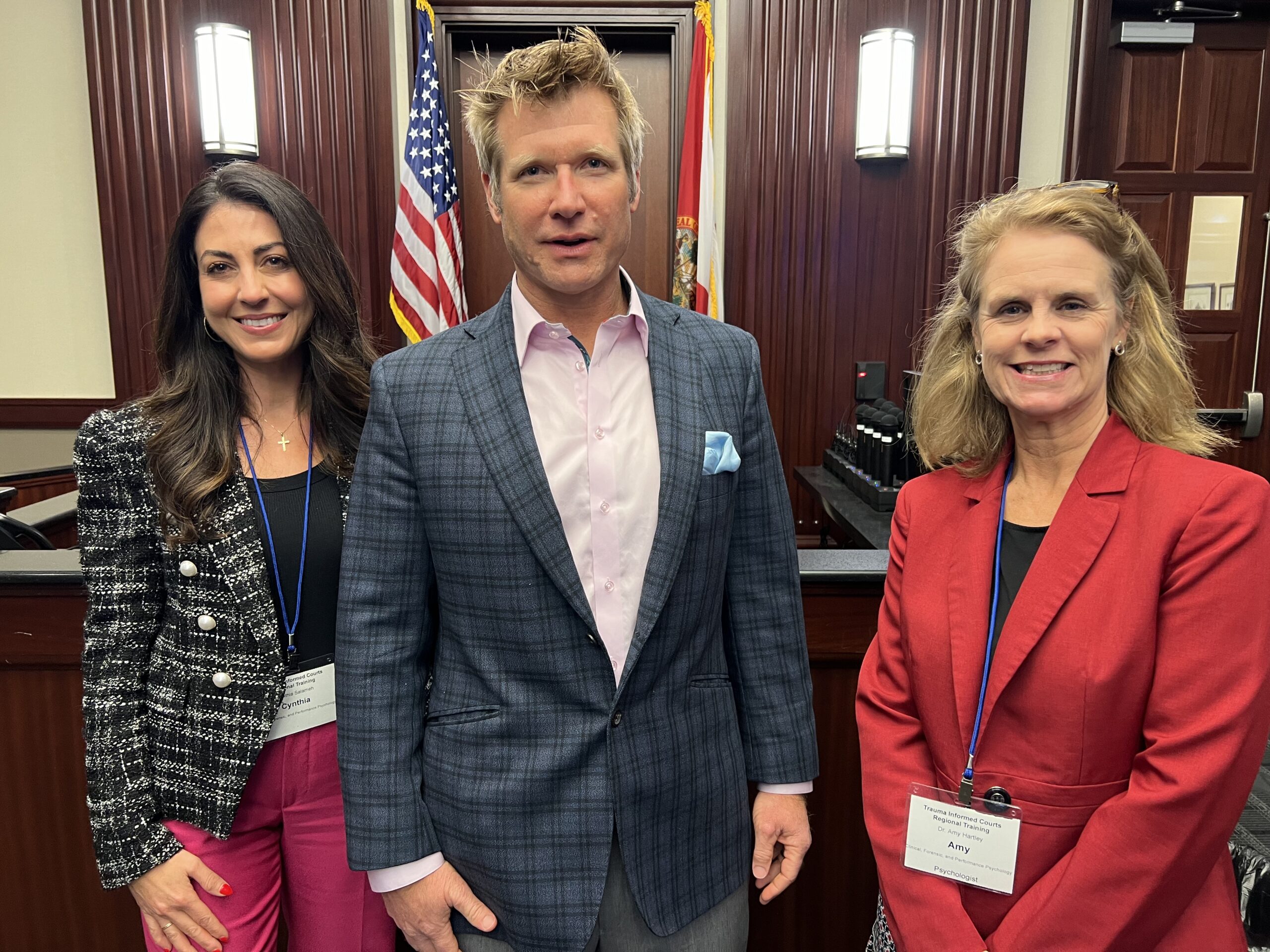- HOME
- PSYCHOLOGICAL SERVICES
- ONLINE COURSES
- Our Partnership Begins When You Purchase an Online Course
- Get to Know Dr. D’Arienzo, Relationship Expert
- Florida Premarital Preparation Online Course
- Georgia Premarital Education Online Course
- TwogetherinTexas Premarital Online Course
- Tennessee Premarital Preparation Online Course
- Minnesota Premarital Education Course Online
- Oklahoma Premarital Counseling Online Course
- South Carolina Premarital Preparation Course
- West Virginia Premarital Education Course
- Online Marriage and Relationship Tune Up Course
- Florida DCF Certified Parent Education and Family Stabilization Online Course
- Georgia Qualified Parent Education and Family Stabilization Online Course
- Texas Qualified Parent Education and Family Stabilization Online Course
- High Conflict Co-Parenting Online Certificate Course (8 Hours)
- Online Anger Management Four Hour Course (Level 1)
- Online Anger Management Eight Hour Course (Level 2)
- Sexual Harassment Online Training
- BUSINESS & PERFORMANCE PSYCHOLOGY
- CLINICAL, COUPLES, & FAMILIES
- ADHD Treatment & Evaluation Services
- Anger Management
- Anxiety Treatment & Evaluation Services
- Borderline Personality Treatment Services
- Cognitive Behavioral Therapy (CBT) Self-Help
- Couples Counseling and Marital Therapy
- Consent for Psychological Services for Minors Post-Divorce
- Depression Treatment Services
- Infidelity Recovery
- Jacksonville Counseling and Psychology
- Military Psychology & Tricare
- Narcissistic Personality Treatment Services
- Online Counseling
- Psychoeducational Testing
- Psychological Testing and Assessment
- Psychotherapy & Counseling
- FORENSIC PSYCHOLOGY & EXPERT TESTIMONY
- LIFE COACHING & EXECUTIVE COACHING
- MMPI TESTING & ASSESSMENT FOR SECURITY AND LEO
- CPI Police and Public Safety Assessment
- G License Psychological Testing
- Online Psychological Testing for Armed Security Guards and Personal Protection Officers
- MMPI Texas Level III CSO and IV PPO Psychological (ONLINE)
- Requirement for Texas Security License Applicants: MMPI Evaluation
- Level 3 Security Guard New Mexico Online MMPI Psychological Evaluation
- PSYCHOLOGICAL PUBLIC DISABILITY QUESTIONNAIRES (DBQ)
- ONLINE COURSES
- TEAM
- D’Arienzo Psychological Group Overview
- Dr. Justin D’Arienzo, Psy.D., ABPP
- Mario Decunto, LMHC
- Dr. Amy Hartley, Ph.D.
- Dr. Erica Janson, Psy.D.
- Alan Lipzin, LMHC
- Cynthia Salameh, Esquire
- Wendy Monger, Tutoring Specialist and Academic Coach
- Dr. Michael Nackashi, Psy.D., Clinical Psychologist
- Joseph Zichi, LCSW
- Mack, Roman and Roxy D’Arienzo
- MERCH & SOCIAL MEDIA
- BOOKS
- APPT REQUEST
D'Arienzo Psychology Blog
Navigating Bohannon’s Six Stages of Divorce: A Psychologist’s Guide to a Smoother Transition
Posted by: Dr. Justin D'Arienzo, Psy.D., ABPP
Divorce is more than a legal split. It’s a complex emotional, social, and psychological journey. Learn how Bohannon’s six stages of divorce affect families and discover expert-backed strategies to ease the transition with the help of D’Arienzo Psychology’s specialized divorce courses.
D’Arienzo Psychology: The Premier Choice for DoD, Federal, and Local Government Psychological Services

Posted by: Dr. Justin D'Arienzo, Psy.D., ABPP
D’Arienzo Psychology is a veteran-owned provider of psychological services for DoD, federal, and local agencies. We offer pre-employment and fitness-for-duty evaluations, secure virtual testing, and expert court-ready reports, licensed in 40+ states via PSYPACT.
Why Military and Police Experience Matters in MMPI Testing for Armed Officers

Posted by: Dr. Justin D'Arienzo, Psy.D., ABPP
Military and Police Expertise: The Key to Accurate MMPI Testing for Armed Officers. When it comes to evaluating armed officers, experience matters. Forensic psychologists with military and police backgrounds, like Dr. D’Arienzo at D’Arienzo Psychology, bring the specialized knowledge needed to interpret MMPI results accurately. Protect public safety and ensure officer readiness with expert, tailored psychological testing. Learn more today!
MMPI Testing is Important for All Armed Security Officers

Posted by: Dr. Justin D'Arienzo, Psy.D., ABPP
Ensure Safety and Excellence with MMPI Testing for Security Guards. Psychological fitness is as vital as physical readiness for security guards. Discover how MMPI testing, paired with expert evaluations from Dr. Justin D’Arienzo, ensures guards are mentally fit and emotionally equipped to handle high-stress roles. Protect your organization, reduce liability, and boost public confidence with tailored psychological assessments. Find out more here!
Psychological Traits for Armed Guards and Law Enforcement Officers

Posted by: Dr. Justin D'Arienzo, Psy.D., ABPP
Key Psychological and Physical Traits Essential for Armed Guards and Law Enforcement Officers: For armed guards and law enforcement officers, certain psychological and physical traits are critical for ensuring effective performance and maintaining public safety. Proficiency in these traits is supported by recent studies in psychology and security, providing insights into the best practices for training and operation in these fields. Dr. D’Arienzo employs psychological testing such as the MMPI-3, California Psychological Inventory, and a Psychological Interview to assist agencies and companies in identifying psychologically fit and suitable armed and unarmed officers. Contact us today at 904-379-8094 or at [email protected]. Dr. D’Arienzo, a Navy Veteran, is licensed in Florida, New Mexico, and Texas has reciprocity in most states to provides these services.
Accessing Mental Health Care with Non-Network Providers for Mayo Clinic Employees

Posted by: Dr. Justin D'Arienzo, Psy.D., ABPP
For Mayo Clinic employees, prioritizing mental health is essential for maintaining overall well-being. While the Mayo Clinic’s health insurance offers comprehensive coverage for mental health services, there are instances where employees may choose or need to see a non-network provider. Whether it’s due to a specific therapeutic need, a preferred specialist, or geographic limitations, understanding how to navigate reimbursement for these services is crucial. This article provides a guide for Mayo Clinic employees seeking mental health services outside the insurance network.
D’Arienzo Psychology has served multiple Mayo employees over the last 20 years as non network psychologists, counselors, and therapists. We are accustomed to filling out the necessary forms to assist you in getting reimbursed. It has been our experience that a large portion of your bills are reimbursed by Mayo’s insurance plan. Don’t be anxious about the process. You deserve the best mental health services available, and we can help you get them with us. Contact us at 904-379-8094 or [email protected]
Texas Level 4 PPO Executive Protection Officers MMPI Testing

Posted by: Dr. Justin D'Arienzo, Psy.D., ABPP
Understanding Texas Level 4 PPO Executive Protection Officers & MMPI Testing. In the bustling state of Texas, the security and safety of individuals are paramount, especially for those requiring the highest level of personal protection. Texas Level 4 Personal Protection Officers (PPO) are at the forefront of offering such elite security services. These officers, often referred to as Executive Protection Officers, are not just any security personnel. They undergo rigorous training and screening, including psychological assessments like the MMPI (Minnesota Multiphasic Personality Inventory) Test, to ensure they’re well-equipped for their roles. This post delves into the importance of Texas Level 4 PPO Executive Protection Officers and the critical role of MMPI Testing in their selection process.
Texas Level 3 CSO MMPI Testing and Psychological Evaluations

Posted by: Dr. Justin D'Arienzo, Psy.D., ABPP
In response to growing concerns about the mental fitness of security personnel, Texas has introduced a groundbreaking law mandating psychological testing for Level 3 Certified Security Officers (CSOs) as of January 1, 2024. This law was enacted by Texas Governor Greg Abbott. This innovative move aims to enhance public safety and ensure that those entrusted with guarding lives and property are psychologically equipped to handle the pressures and responsibilities of their roles. Dr. D’Arienzo, former Navy Operational Psychologist, provides both Level III CSO and Level IV PPO MMPI Testing. Learn more HERE.
The law, which takes effect immediately, requires all existing and prospective Level 3 CSOs in Texas to undergo comprehensive psychological evaluations. The objective is to identify any underlying mental health issues that could impair an officer’s judgment, decision-making, or ability to respond effectively in crisis situations. This measure not only prioritizes the well-being of the officers but also the safety of the communities they serve.
Where Can I Find Divorce Parenting Classes?

Posted by: Dr. Justin D'Arienzo, Psy.D., ABPP
You Can Find Divorce Parenting Classes Right Here!!! If you are looking for a high conflict coparenting course or a parent education and family stabilization course that is online and taught by a Clinical and Forensic Psychologist who frequently provides court testimony for Family Law cases or works with parents and children experiencing a divorce, then you have landed on the right page. Our online divorce courses are accepted by family law courts and judges. If you don’t believe us, check with your attorney or Judge. Our Parent Education and Family Stabilization course is most often utilized by parents in Florida, Georgia, and Texas. If you need a certificate to list another state or provience, then let us know and we can make that happen for you. Our high conflict coparenting course can be used in all US states, the United Kingdom, and Australia.
Trauma Informed Courts

Posted by: Dr. Justin D'Arienzo, Psy.D., ABPP
On November 16, 2023, I (Dr. D’Arienzo) had the pleasure of presenting about Toxic Stress, Child Development, Trauma Informed Care, Trauma Responsive Courts, and Fostering Resilience in Children and Family Law Clients. I was fortunate to partner with the Honorable Judge Guy, and Attorneys Ms. Dyvonnda Thurston and Ms. Sarah Sullivan. Two of my associates, Ms. Cynthia Salameh, Attorney and Parent Coordinator, and Dr. Amy Hartley, Psychologist, came to support my presentations and this Florida Bar Family Law Section Office of the State Courts Administrator (OSCA) event. We enjoyed mingling and offering our expertise to the 50 attorneys and judges who participated. I would like to thank Judge Maureen Horkan for inviting me to present!




